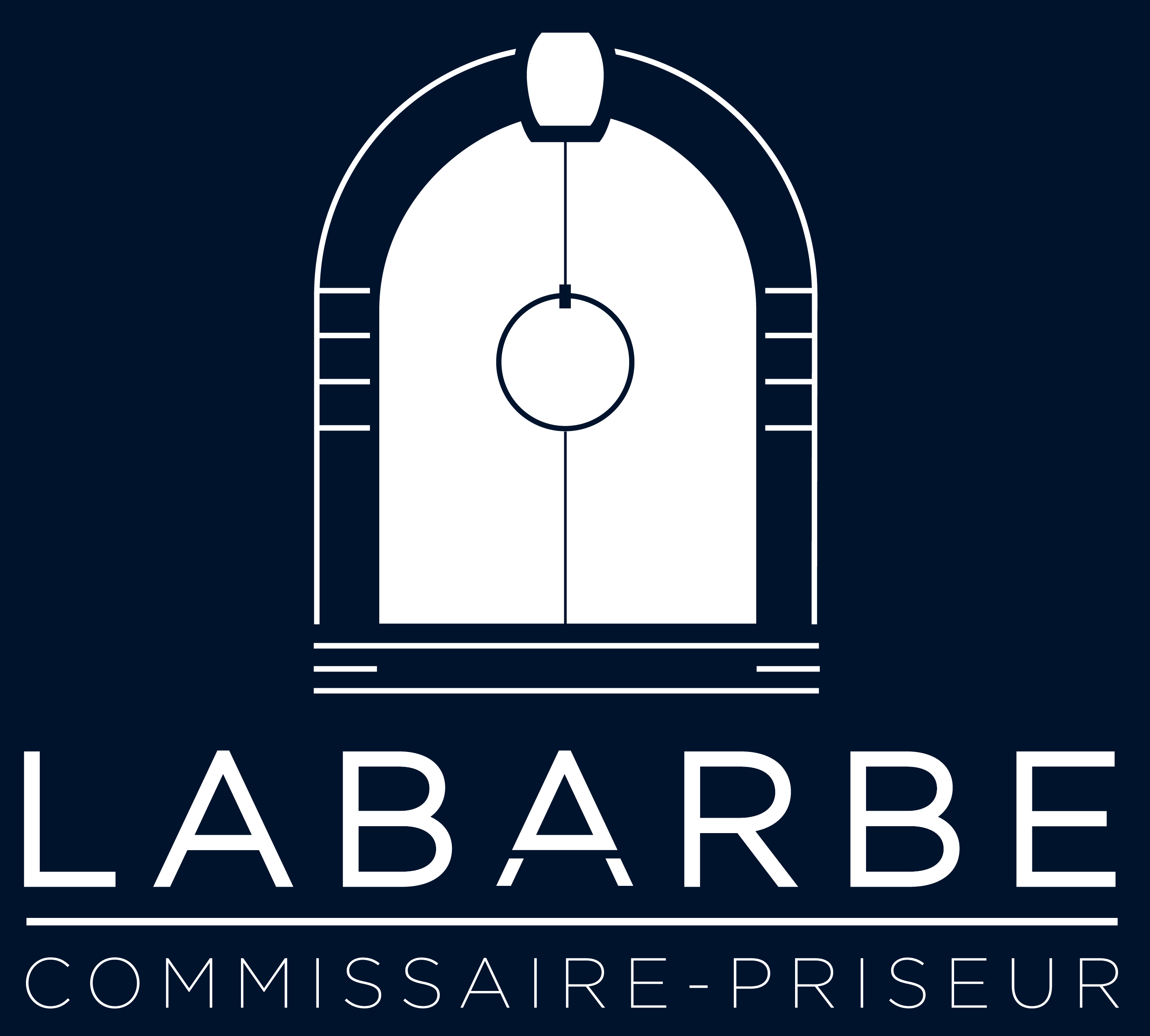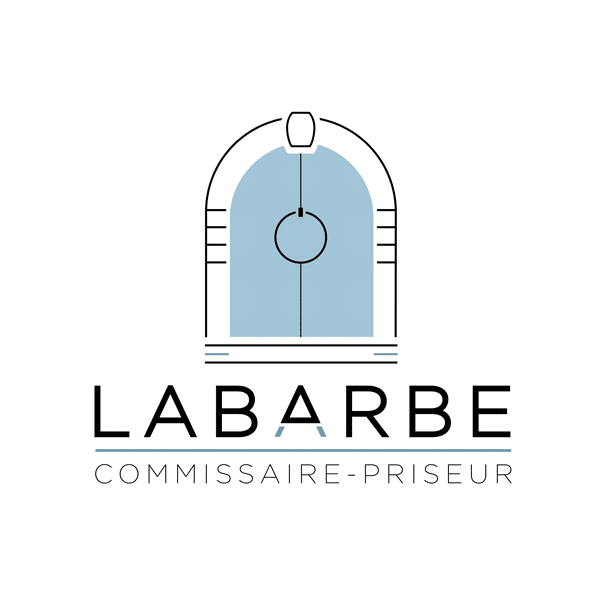Jules Wiese (1818 - 1890)
Description
Lot 56 of the sale of October 18, 2017, presented under the hammer of Master Labarbe at Credit Municipal is a creation of the silversmith Jules Wiese.
A French career. Born in 1818 in Berlin, Jules WIESE made his career in France, becoming one of the most skilful sculptors of his time. Goldsmith and jeweler, this German settled in Paris in 1839, entering as foreman in the workshop of the famous silversmith François-Désiré Froment-Meurice.
He created his studio in 1844 and will deposit his brand to make his own productions, exclusively for Froment-Meurice until 1855. He is awarded the "first class" medal in goldsmithing, jewelery and jewelery at the World's Fair. Paris from 1855, then builds its reputation at the London World Exhibition of 1862.
He left the reins of his studio in 1880 to his son, Louis Wiese (1852 - 1923).
He remains faithful to the aesthetics of the romantic jewel and displays a predilection for the repertoire Ornamental Middle Agee and Renaissance. His work in the 1850s and 60s is characterized by Neo-Gothic jewelry in the lineage of his master. The jewels of Jules WIESE have a strong sculptural character like the motif of the brooch presented in October 2017, at Crédit Municipal de Toulouse. He also created many bracelets on which the cameos or motifs are often enclosed in mandorles or medallions surrounded by lush green surroundings sometimes disciplined in luxury with arabesques or foliage. He was also very influenced by the entry of the Campana collection at the Louvre and modeled jewelery inspired in fine gold antiquity, adorned with polished cabochons and pearls.
The religious creation of Jules Wiese. Lutheran, a member of the upper consistory, Wiese also works for the Catholic Church. A research conducted at the Strasbourg Archives has also made it possible to specify the provenance of a lacrosse offered by the Alsatian clergy to his bishop André Raess, bought from Jules Wiese through the dealer André Kreichgauer (a native of the Palatinate).

A cherub "Neo Renaissance". Our brooch is a little angel. The jovial and generous face of the cherub is framed on both sides of richly furnished wings. A halo formed of a half arc of pearl circle surrounds the upper part of the face adding to the richness of the representation. Wiese chooses to use 22-carat gold, whose very yellow and brilliant appearance increases the grace and preciousness emanating from this jewel.



